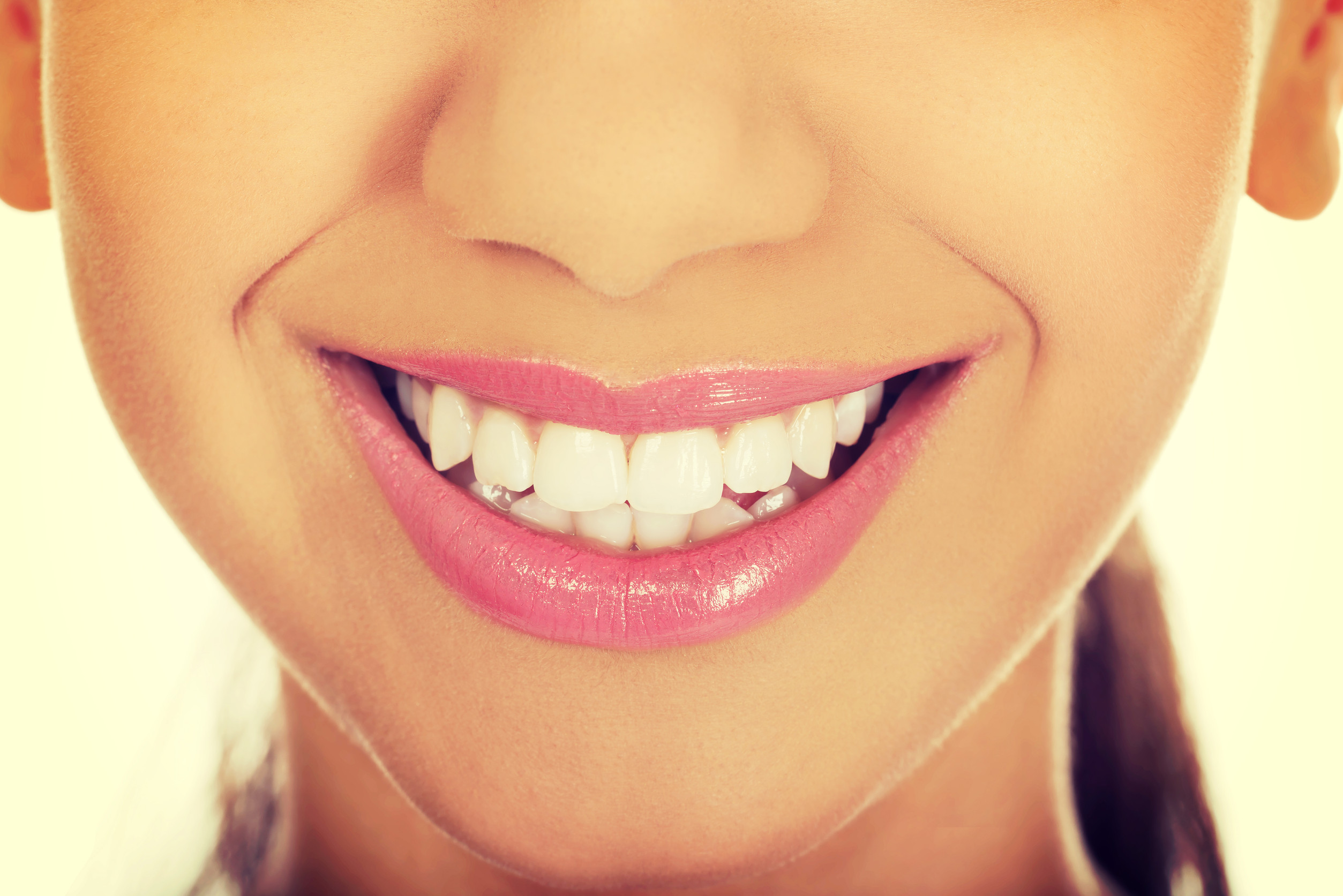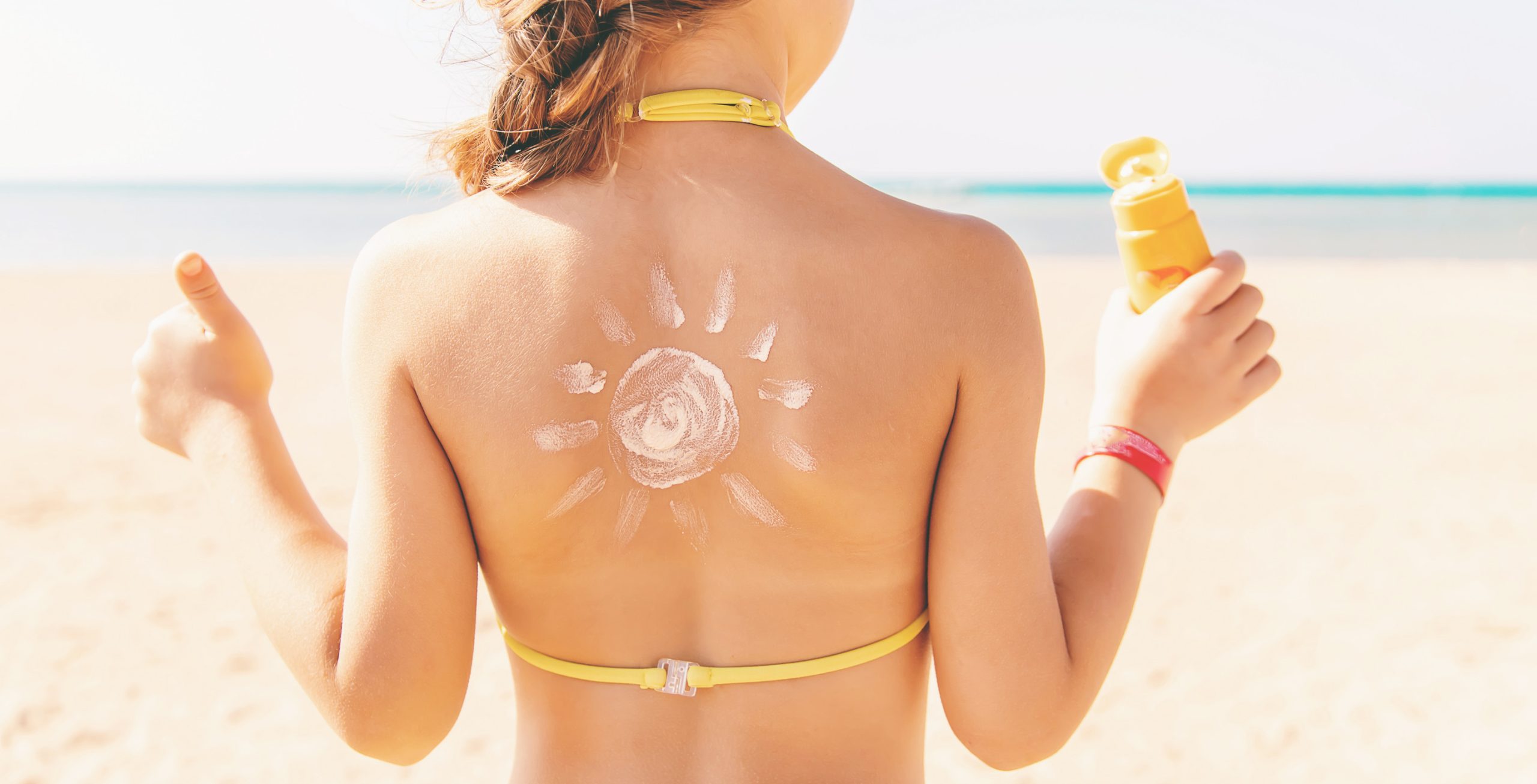
DIY health hacks flood social media and blogs with promises of miracle cures and quick fixes. From homemade detox teas to sketchy dental work, these trends often spread faster than facts can catch up. But while some may seem harmless, medical boards across the country are issuing clear warnings.
Many of these supposed remedies are not only ineffective but dangerously misguided. Understanding which trends to avoid could be the difference between healing and serious harm.
1. Hydrogen Peroxide Inhalation for Respiratory Illness
Some online forums promote inhaling hydrogen peroxide to treat colds, COVID-19, or other respiratory conditions. The logic behind it hinges on hydrogen peroxide’s ability to kill microbes, but what works on a countertop doesn’t belong in lungs. Inhaling this chemical can lead to severe irritation of the respiratory tract, causing coughing, inflammation, and long-term damage. The FDA and multiple state medical boards have issued warnings, stressing that there is no safe level for inhalation. Relying on this method can delay proper treatment and worsen outcomes.
2. DIY Mole and Skin Tag Removal
Videos showing people removing moles with apple cider vinegar, garlic paste, or scissors are shockingly common. These practices risk infection, permanent scarring, and even missing early signs of skin cancer. Dermatologists warn that some moles may be malignant and require professional evaluation. Removing a suspicious lesion at home can erase critical diagnostic evidence. Medical boards emphasize that this is not just a cosmetic issue—it’s a potential cancer risk.
3. Homemade Teeth Whitening with Household Products
From baking soda and lemon juice to hydrogen peroxide and charcoal, there’s no shortage of DIY teeth-whitening tips online. However, dentists warn that these ingredients can erode enamel, damage gums, and cause long-term tooth sensitivity. Once enamel is worn down, it doesn’t grow back, leaving teeth vulnerable to decay. Some influencers suggest using bleach-based products meant for cleaning, which is extremely hazardous. Medical boards have called for stricter content moderation to reduce the spread of these unsafe practices.
4. Ear Candling for Wax Removal
Ear candling involves placing a lit, hollow candle in the ear canal to “draw out” wax and toxins. Not only is it ineffective, but it also presents serious risks, including burns, ear canal blockages, and perforated eardrums. Studies show that no suction or detoxification occurs during this process. The FDA has outright banned the marketing of ear candles for medical use due to numerous injury reports. Medical professionals stress that proper ear care involves safer, clinically proven methods.
5. Activated Charcoal for Detoxing
Touted as a universal detoxifier, activated charcoal has made its way into smoothies, ice cream, and even toothpaste. While it is used in emergency medicine for certain poisonings, regular use can interfere with nutrient absorption and medications. There is no clinical evidence supporting its use for daily “detox” purposes. In some cases, it can even mask or delay symptoms of serious illnesses. Medical boards warn that detox fads like this often provide a false sense of health security.
6. DIY Suturing and Wound Closure
In survivalist and prepper communities, DIY suturing has been promoted as a way to manage cuts without professional care. While this might seem resourceful in extreme emergencies, improper technique can lead to infection, nerve damage, or scarring. Sterility, wound depth, and anatomical knowledge all factor into whether a wound needs stitches—and how to apply them safely. Medical professionals train for years to make these decisions accurately. Boards caution that even well-meaning attempts can result in complications that require more serious medical intervention.
7. Essential Oils for Serious Conditions
Essential oils have gained popularity for relaxation and minor ailments, but some claims go much further promoting them as treatments for cancer, epilepsy, or serious infections. This misinformation is not only false but actively dangerous, as it can cause people to delay or abandon necessary treatments. Some oils can also cause allergic reactions or interfere with medications. Ingesting essential oils without supervision is particularly risky and has led to emergency room visits. Medical boards are cracking down on practitioners who make unproven claims about their healing powers.

8. Sunscreen Substitutes Like Coconut Oil
Some natural health influencers recommend using coconut oil or homemade mixtures in place of sunscreen. Scientific research has shown that these substitutes offer little to no UV protection. Unprotected sun exposure increases the risk of skin cancer, premature aging, and sunburn. Dermatology boards consistently emphasize that only FDA-approved sunscreens meet the standards for safe sun protection. Using oils instead of proper sunscreen is not just ineffective—it’s reckless.
9. Homemade Contraceptives and Abortifacients
Online communities have spread dangerous advice on using herbal or household substances as contraceptives or to induce abortion. These practices are neither safe nor effective and can lead to severe complications, including organ damage, hemorrhage, and infection. Medical boards have voiced strong concerns about the rise of this misinformation, especially in areas with limited access to reproductive care. Proper reproductive healthcare requires medical oversight, accurate information, and access to regulated medications. Relying on DIY solutions is both medically and legally risky.
Think Twice Before Trying “Natural” Hacks
Not every home remedy is harmless. What might look like a quick fix on social media could carry serious consequences in real life. Medical boards aren’t trying to limit autonomy—they’re trying to protect public health. When in doubt, trust peer-reviewed science over viral claims.
Have you seen any of these remedies promoted online, or tried one yourself? Share your thoughts or experiences in the comments.
Read More
6 Dangerous DIY Hacks Going Viral That Experts Are Warning Against
8 Expensive Supplements That Have No Verified Health Benefit
The post 9 DIY Remedies That Medical Boards Are Warning Against appeared first on Everybody Loves Your Money.







